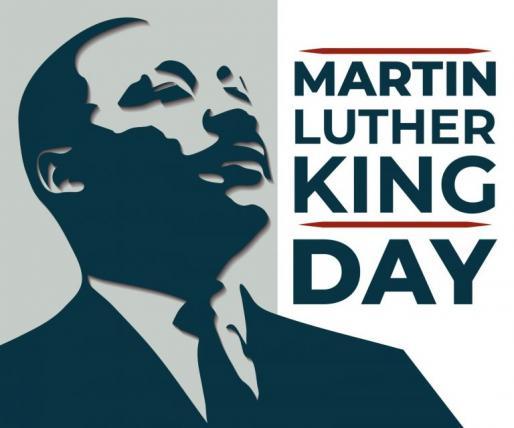The day was Thursday, April 4, 1968. I vividly recall the profound sadness that enveloped my family home on that day. Actually, it was the home of my maternal grandparents. My parents and I had gathered there on the evening of that day as family members would, when a loved one had passed. The news that Dr. Martin Luther King Jr. was dead and worse, had been killed by an assassin’s bullet, was still too unbelievable and horrifying to process. The living room was uncannily quiet. Only sounds that emanated from the black and white floor model television could be heard. With every account of the events of that day provided by reporters, whether from the television studio or on site in Memphis TN, it reaffirmed that this terrible, tragedy was in fact true. I can still mentally visualize the tear-stained faces of my mother and maternal grandmother as they wiped tears with their flowered cotton handkerchiefs, periodically shaking their heads from side to side in disbelief. My father and maternal grandfather were speechless and stared blankly at the television screen as if in a trance. As a young child it was difficult for me to fully appreciate the gravity of that day. Despite this, I found tears rolling down my face too, if only because my beloved family members were so heartbroken.
Prior to April 4, 1968, my knowledge and understanding of Dr. Kings impact and influence was admittedly limited. I was just in the early years of elementary school on the day he was assassinated. As my family and I watched coverage of the tragedy that occurred on that fateful day, my curiosity about Dr. King was enthused. From that time forward, I was focused to learn all that I could about his life, his mission, and his legacy. I learned that the non-violent protests of the Montgomery Bus Boycott in 1955, The Albany Movement in 1961 and the 1963 March on Washington, were just a few of his notable and meaningful efforts to engage non-violent resistance to racial injustice. These among other contributions, would lead to Dr. King becoming the youngest man, at the age the age of 35, to receive the Nobel Peace prize in 1964.
In 1983 legislation was passed, after many years of targeted efforts by many to bring this to fruition, designating the third Monday in January Dr. Martin Luther King Jr. Day, (MLK Day), a federal holiday. The first observance nationwide occurred in 1986. While initially the King holiday sentiment was likely a day off from work, in 1994, sponsored by Representative John Lewis, Congress passed the King Holiday and Service Act making MLK Day the only federal holiday designated as a National Day of Service. The purpose was to encourage and inspire all Americans to volunteer to improve their communities on this day. Companies, corporations, organizations, and individuals alike, celebrate the day by giving back to and uplifting communities that are underprivileged and underserved.
The parallels between Dr. Kings last day on earth and the MLK National Day of Service are striking but no coincidence. His mission that day was about service to others, improving communities and lives. His purpose for being in Memphis, TN was to provide a voice and be an advocate for the Memphis community of sanitation workers, their families and the community at large assisting them in their efforts to establish and experience an improved work environment, increased wages, and a better quality of life.
As we go about our daily lives and especially on this ML King Day of Service, may we be reminded of and inspired to action by Dr. Kings words wherein he stated, “Life’s most persistent and urgent question is What are you doing for others?” Happy MLK National Day of Service.
Angela B. Taylor, Esq. is on the Corporate Administrative Team and is the firm’s Chief Diversity Officer.

